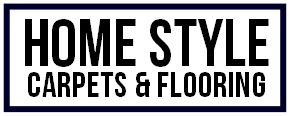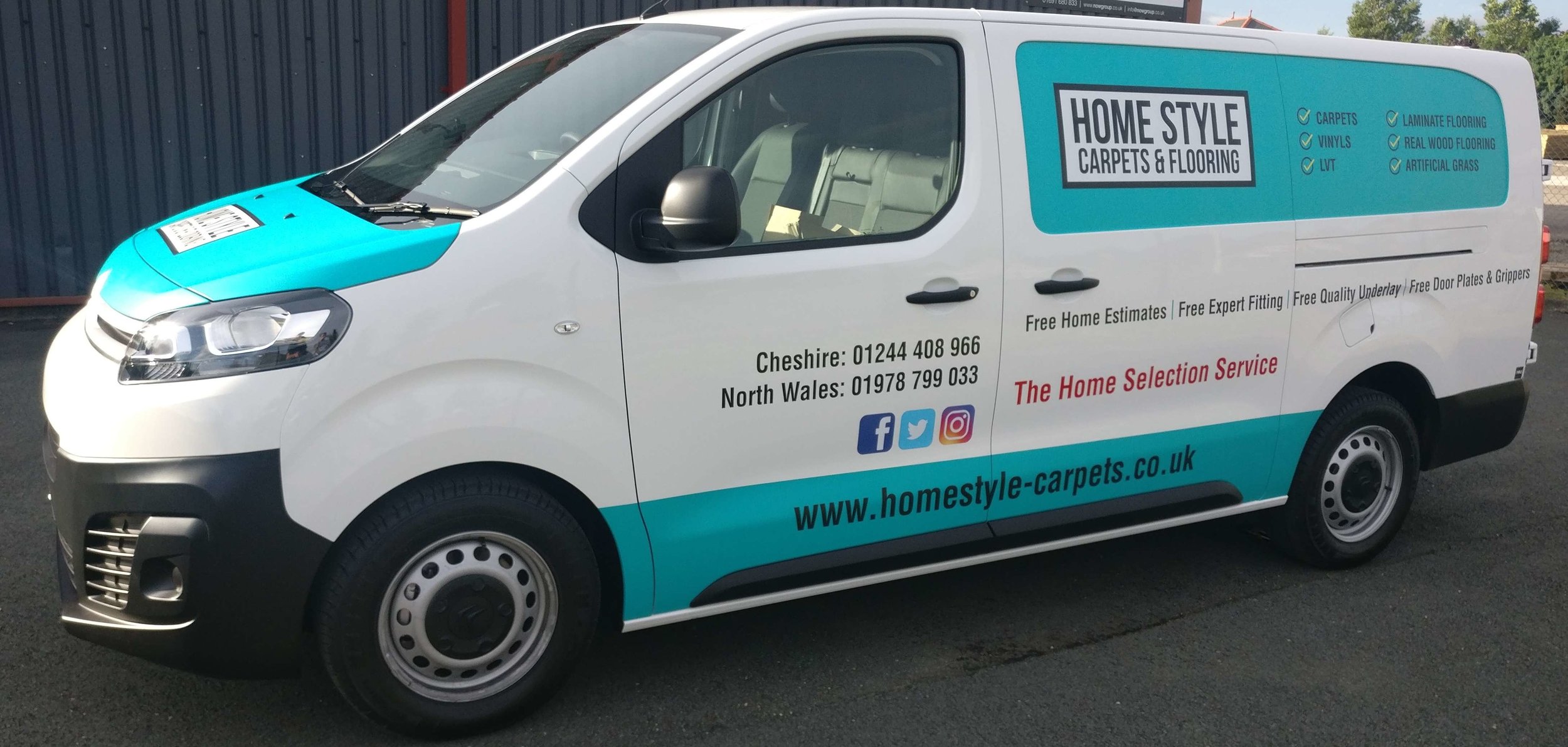The festive season is a magical time, but it can also be a bit of a nightmare for keeping your home clean and tidy.
With increased foot traffic, wet and muddy weather, pine needles and parties, your floors can be more. Whether you have hardwood, carpet, laminate, or tiled floors, here are some practical tips to help you protect them this Christmas when the weather gets cold and wet.
Welcome mats are your best friend
Wetter weather can result in muddy boots and soggy shoes making their way into your home. The grit and salt used to clear pavements around Christmas can be particularly harmful to your floors. When guests enter your home with snow or ice on their shoes, the salt and grit can scratch and damage hard flooring, leaving behind unsightly marks.
A high-quality welcome mat outside your front door is your first line of defence. Choose a durable, water-resistant mat that’s designed to scrape dirt and absorb moisture. Coir mats, for example, are excellent at removing mud and debris from shoes before they step into your home. For maximum protection, add a second, softer mat inside the doorway to further catch moisture and ensure no dirt gets past your entryway.
This two-mat system will help reduce the amount of mud and wetness that gets tracked onto your flooring.
Establish a no-shoes zone
To really safeguard your floors, implementing a no-shoes rule over the Christmas period can make a world of difference. Ask guests to remove their shoes when they arrive. To make this request more inviting, provide a space near the entrance where people can leave their footwear. You can also keep a selection of clean slippers for your guests to use – this can add a cosy, festive touch and prevent cold feet while keeping your floors protected from the outside grime.
Protect your carpets from spills and stains
If you have carpeted floors, they are at higher risk during Christmas. Between holiday parties, drinks, and festive food, spills are almost bound to happen. To help protect your carpets, invest in washable rugs or runners to place over high-traffic areas like hallways and dining tables. These can catch spills and crumbs and are easier to clean than a whole carpet.
Position your tree carefully
If you love having a real Christmas tree, it’s important to take extra steps to protect your flooring. Real trees, particularly fresh ones, smell wonderful but can drip sap and water from which can cause sticky, hard-to-remove stains on carpets and hardwood floors.
To prevent this, place a tree mat or a plastic sheet underneath the tree stand to catch any falling needles, sap or water. If you’re watering the tree regularly to keep it fresh, check for any leaks or spills around the base.
For artificial trees, be mindful of decorations that could drop, especially glass baubles that could shatter and damage your floors. Place a soft rug or tree skirt underneath the tree to catch any falling items.
Party-proof with furniture pads
People often rearrange their furniture around Christmas to accommodate more guests with extra seating or to create more room for the Christmas tree. This extra movement can cause scratches on wooden or laminate flooring, particularly when heavy furniture is dragged across the surface.
To prevent scratches and scuffs, use felt furniture pads under the legs of chairs, sofas, and tables. These inexpensive pads allow furniture to glide smoothly over floors without leaving any marks. They’re especially important if you plan to host Christmas parties with a lot of movement, as your floors will need some extra protection from frequent chair-shuffling.
Sweep up and clean regularly
No matter how much you prepare, your floors will still face some wear and tear during the Christmas season. That’s why it’s crucial to stay on top of regular sweeping, vacuuming, and mopping. For hardwood or laminate floors, sweeping up dirt, pine needles, and grit frequently will prevent them from scratching the surface.
Carpets will need regular vacuuming, especially in high-traffic areas like living rooms or hallways. Spills should be dealt with immediately – the longer they sit, the more likely they are to stain. A quick clean after any event will ensure your floors look their best throughout the holiday season.
For a more in-depth look at how to clean your carpets in the aftermath, please visit our tips on post-Christmas carpet cleaning here.
Upgrade your floors before the holidays
For maximum protection against seasonal wear and tear, here at Homestyle Carpets we offer a wide range of brand new carpet, tiles and laminate floor available around North Wales and Chester to choose from and install ready to enjoy the festive season. You can browse our range here.

